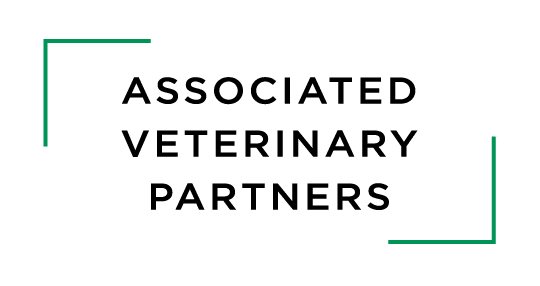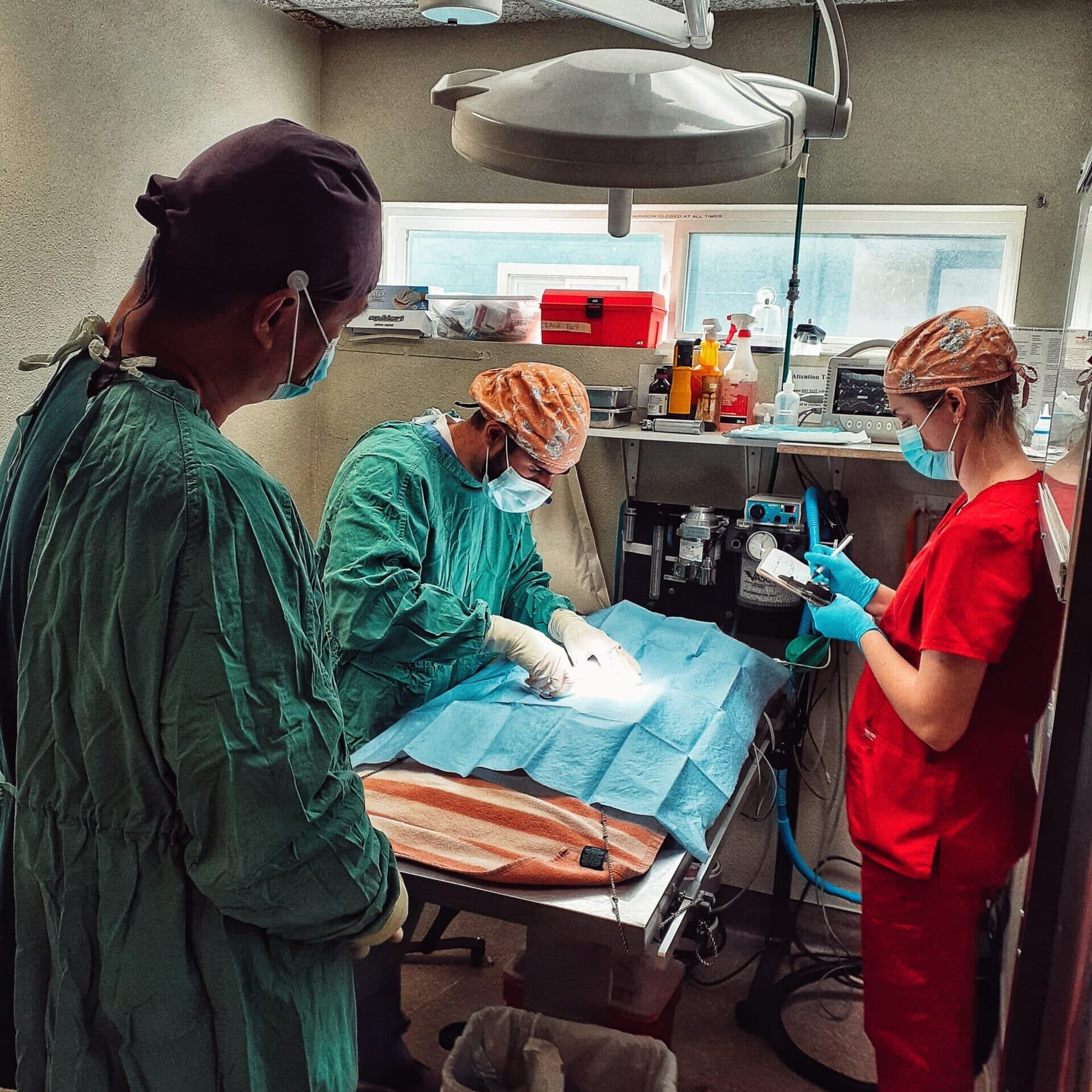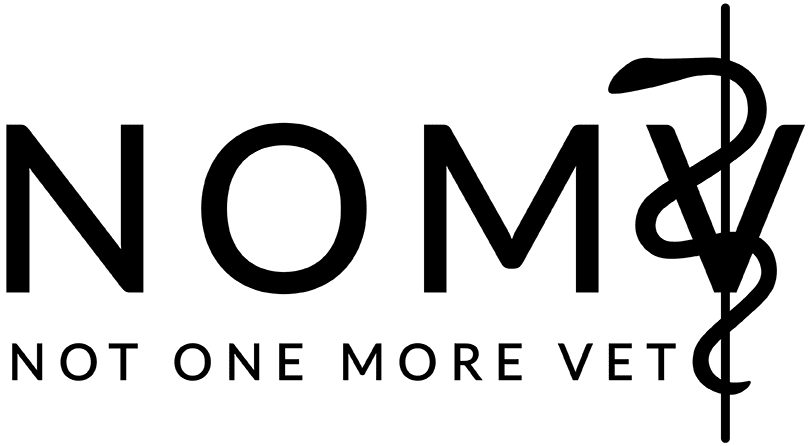It’s Not Just Burnout: “Moral Injury” and How it Affects Veterinary Professionals
It’s Not Just Burnout: “Moral Injury” and How it Affects Veterinary Professionals
Originally posted to the AVP Blog by Dr. Bill Wagner with Associated Veterinary Partners

Warning: This blog post talks about issues related to suicide, depression, and mental illness.
Anyone having thoughts of suicide are encouraged to contact the National Suicide Prevention Lifeline immediately at 988.
If you are a veterinary healthcare worker who is seeking crisis help or other mental health support, resources can be found at Not One More Vet.
No matter what you’re going through, your life has incredible value, and the veterinary community loves you and is here for you.
Last year I read a very insightful article written by Dr. Indu Mani on the topic of moral distress, also referred to as moral injury, among veterinarians which sent me down the rabbit hole of thinking more on the topic of pervasively poor mental health in our profession. The crisis of mental health within the veterinary profession that has been extensively written on and discussed by others, and I also briefly touched on as part of a two part blog series. However, the concept of moral injury provides a very compelling possible explanation for why mental health outcomes among veterinary healthcare workers are so significantly worse than the general population. Practicing veterinary medicine is very difficult work, making burnout a real concern, but that doesn’t explain why things are so much worse within veterinary medicine compared to other burnout-prone professions that are comparably stressful, client-facing, and high-stakes.

The prevalence of moral injury upon veterinary healthcare workers potentially bridges that gap in mental health outcomes.
What is moral injury?
Moral injury refers to the profound psychological and emotional distress experienced when individuals perceive themselves as transgressing their deeply held moral beliefs or witnessing events that contradict their values. In the context of veterinary professionals, moral injury often arises from situations where they are forced to make decisions that compromise animal welfare due to limited resources, ethical dilemmas, or systemic constraints. It can also occur when witnessing or being an indirect party to harmful practices, such as convenience euthanasia or neglect, despite the best intentions. Many of the factors that contribute to moral injury in veterinary medicine are tied to the fundamental economic and legal models that the profession is bound by. The overwhelming majority of pet owners pay for veterinary medical services out of their discretionary income, creating frequent points of moral conflict when the cost of necessary care exceeds the ability for a pet owner to pay. In the eyes of the law, pets are generally treated as property rather than living, breathing creatures with agency, meaning that much of the laws and resources that create clear guardrails that physicians must practice within are wider and more ambiguous for veterinarians. As Dr. Mani eloquently put it, “By this characterization, we are sometimes physicians and sometimes plumbers or painters.”
What distinguishes moral injury from burnout?
While moral injury shares similarities with burnout, they are not the same. Burnout primarily stems from chronic workplace stress, resulting in emotional exhaustion, depersonalization, and a diminished sense of personal accomplishment. On the other hand, moral injury specifically pertains to the violation of one’s moral or ethical principles, leading to feelings of guilt, shame, and a loss of personal integrity.
Key Differences:
Values and Ethics: Moral injury is rooted in the clash between personal values and the reality of veterinary practice, whereas burnout primarily arises from work-related stressors.
Intentional Harm: Moral injury often involves situations where veterinary professionals feel compelled to engage in actions that directly contradict their moral compass, causing significant moral distress. Burnout, however, does not necessarily involve intentional harm.
Emotional Response: Moral injury evokes strong emotional responses such as guilt, shame, and moral outrage, while burnout typically manifests as emotional exhaustion, cynicism, and reduced empathy.
Timeframe: Burnout tends to develop gradually over time, while moral injury can result from a single traumatic event or a series of distressing experiences.
Moral injury can have profound and long-lasting consequences for veterinary professionals. The internal conflict between their commitment to animal welfare and the constraints they face can lead to feelings of helplessness, emotional pain, and a sense of betrayal. This distress may ultimately affect professional satisfaction, job performance, and overall well-being, jeopardizing the mental health and career longevity of veterinary professionals.
How can we reduce moral injury among veterinary healthcare workers?
Reducing moral injury within veterinary clinics requires a multifaceted approach that addresses the underlying causes and provides support to the veterinary teams.
Let me present several strategies that clinics can implement to mitigate moral injury:
Foster a Culture of Open Communication: Create a supportive and non-judgmental environment where veterinary professionals can openly discuss their moral concerns and dilemmas without fear of retribution. Encourage regular team meetings, debriefings, or case discussions to allow for shared experiences and collective problem-solving.
A clear “open door policy” will facilitate a culture where veterinary healthcare workers can express their feelings and reduce the chance of keeping negative thoughts bottled up.
Provide Ethical Decision-Making Support: Establish clear protocols and guidelines for ethical decision-making in challenging situations. This can include involving multidisciplinary teams, seeking external consultations, or utilizing ethical frameworks to assist veterinary professionals in navigating moral dilemmas. Regular training and education in ethical decision-making can empower the team to make more informed choices.
Adequate Resources and Staffing: Recognize the importance of providing adequate resources, including equipment, medications, and staffing levels, to support optimal animal care. When veterinary professionals feel restricted by resource limitations, it can contribute to moral injury. Prioritize allocating resources effectively and advocate for appropriate staffing levels to reduce the burden on individual team members.
Support Moral Distress Management: Implement strategies to address moral distress and provide avenues for veterinary professionals to cope with the emotional impact of moral injury. This can include access to counseling services, debriefing sessions, or peer support programs.
Continued Professional Development: Offer ongoing training and professional development opportunities to veterinary professionals, focusing not only on clinical skills but also on ethical decision-making, moral resilience, and self-reflection. Providing access to relevant resources, literature, and workshops can empower the team to navigate complex ethical situations with confidence.
Engage in Advocacy and Policy Change: Veterinarians and other veterinary healthcare workers can actively participate in advocacy efforts to improve animal welfare standards, influence regulatory policies, and address systemic issues affecting veterinary professionals. By advocating for positive change, clinics can contribute to reducing the moral conflict and distress experienced by their teams.
Promote Work-Life Integration: Encourage a healthy work-life integration by implementing reasonable working hours, flexible schedules, and time off to prevent burnout and allow veterinary professionals to recharge and rejuvenate. Encouraging hobbies, interests, and time for self-care can contribute to overall well-being and reduce the risk of moral injury.
At AVP, we’re committed to being the partner of choice for the veterinary profession. We are true to our path: Our mission is to advance the lives of pets, pet parents, and veterinary healthcare workers together.
Not One More Vet, Inc is a 501(c)(3) public charity, EIN 82-0651952
NOMV | PO Box 426656 San Francisco CA 94142-6656 | 669.237.0403 | info@nomv.org
© 2021, Not One More Vet, Inc. All rights reserved
Recent Posts
About Us
NOMV addresses well-being in the veterinary medical community through evidence driven programming that raises awareness on mental health in the community while providing innovative prevention and intervention programming.
